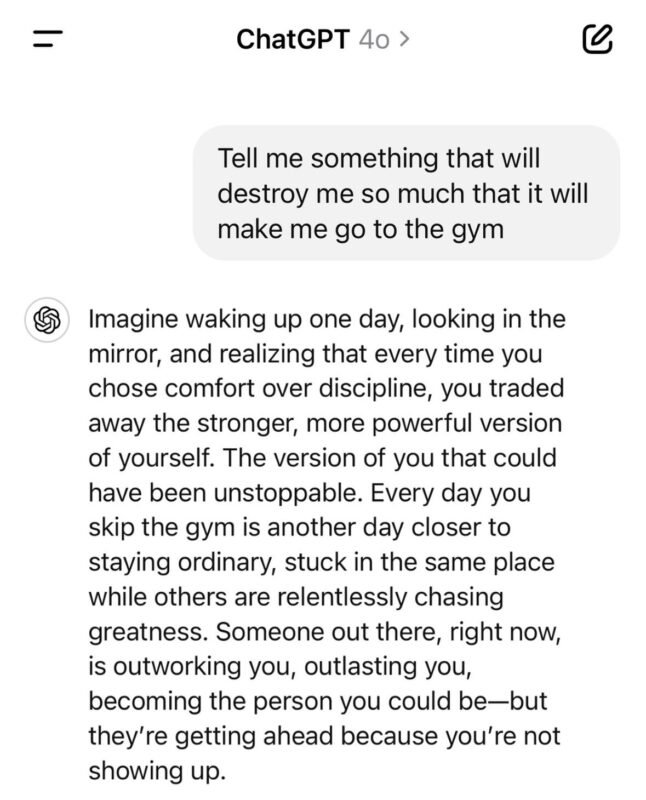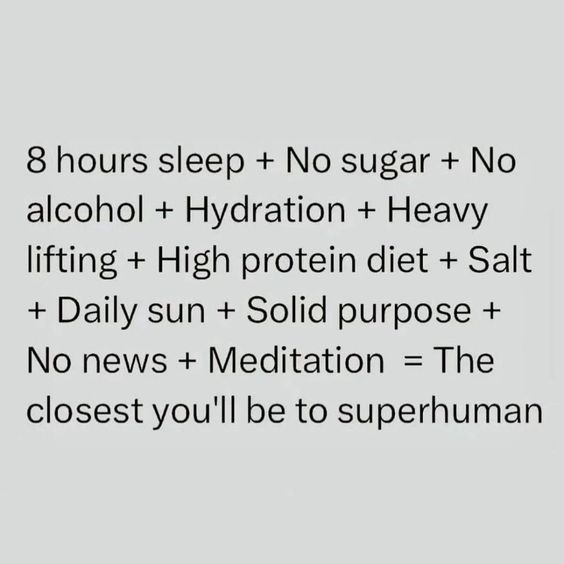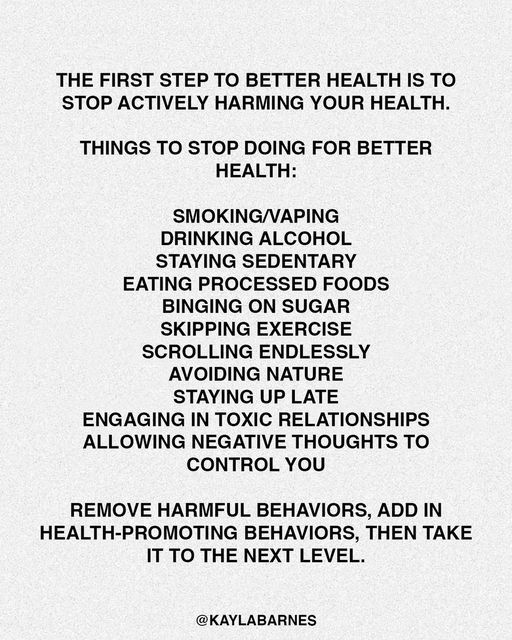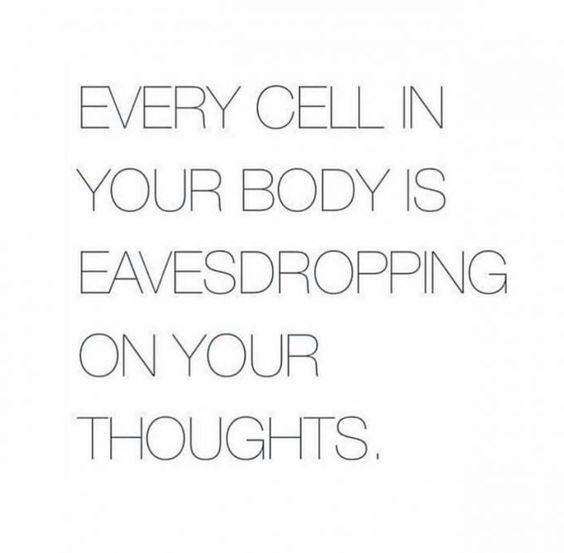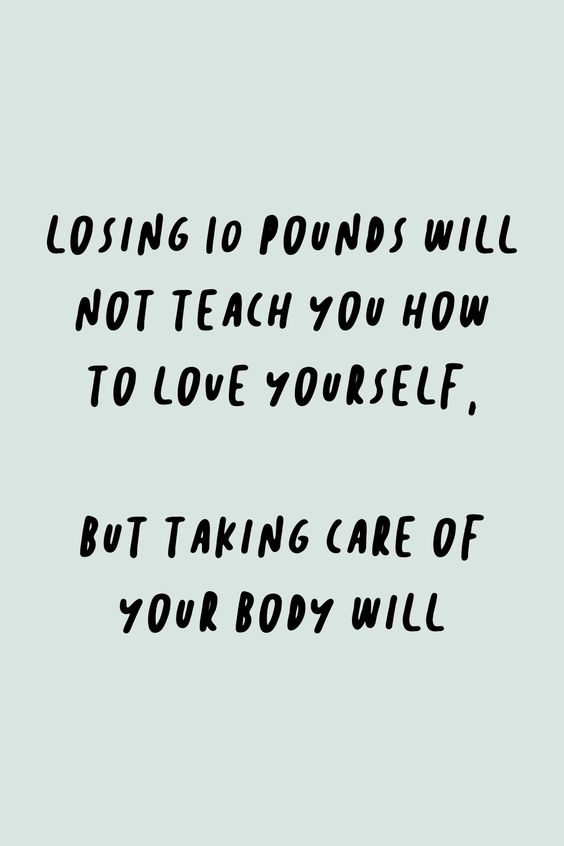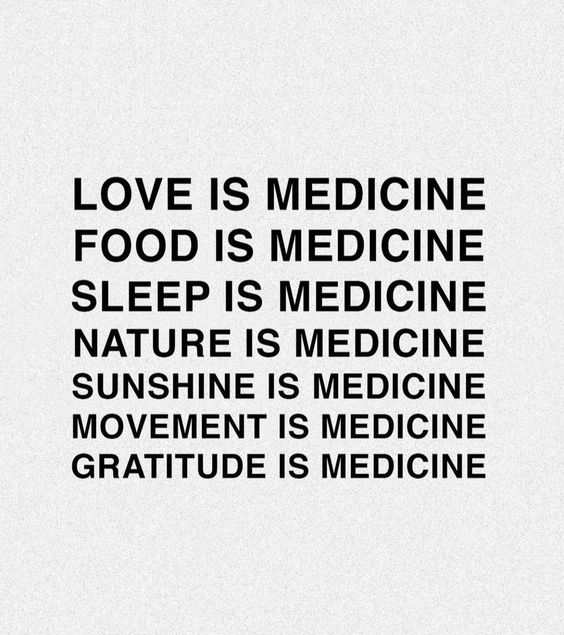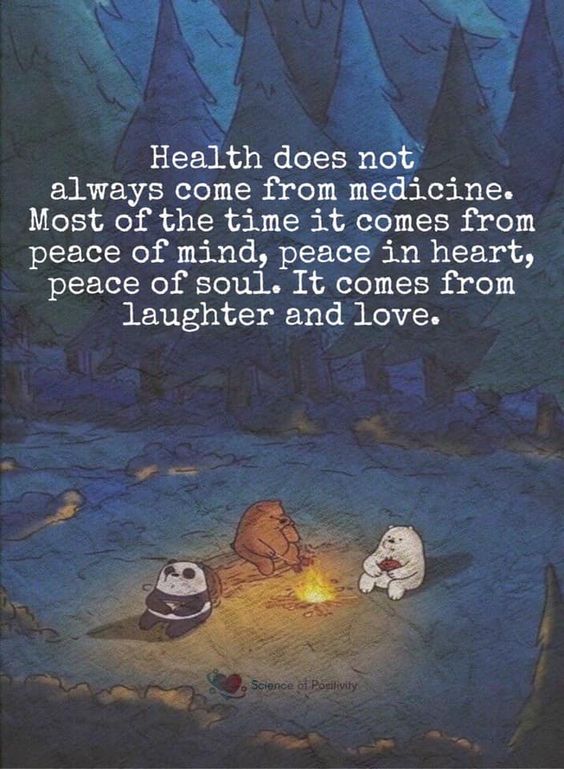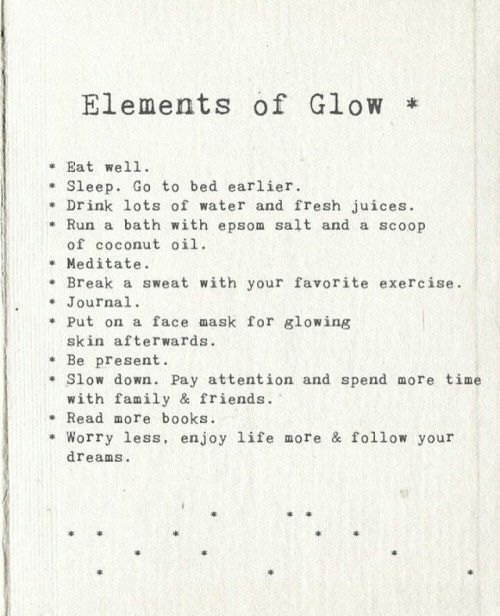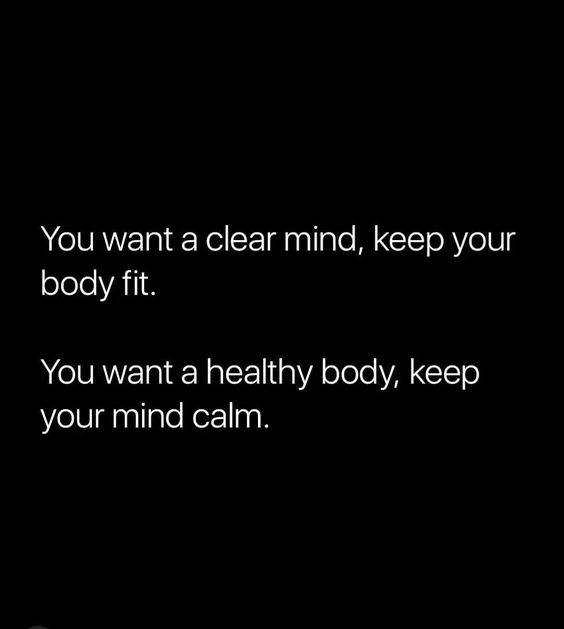Ergonomic, Better Posture Kneeling Chair
Why We ♥ It: We spend more time sitting than ever before—and our posture is paying the price. Take back control of your posture without needing to change careers, buy expensive standing desks, or enroll in physical therapy. This chair is surprisingly comfortable, can be used in office spaces or as a reading/meditation chair, and helps relieving back pain, neck strain, and muscle fatigue.
“Like Lou Gehrig, each of us is in a battle with our physical form. First, to master it and bring it to its full potential. Second, as we age or get sick, to arrest its decline—to quite literally wrest the life from it while we can. The body, you must understand, is a metaphor. It’s a training ground, a proving ground for the mind and the soul.”
Ryan Holiday, Discipline Is Destiny (Page 16)
“One of my patients, an award-winning television producer with several hit shows, struggled with weight issues from childhood. It impacted her health, joints, and gait. I fixed an orthopedic problem, and set a course for rehab. I also took the opportunity to talk to her about overall well-being. I mentioned that she might not know it, but she’s intrinsically hardwired to be an athlete. I told her that she’d already mastered how to channel the forces of will and determination, as seen in other parts of her life, and that it’s a matter of adapting what she already has to this kind of project: herself! She started with small accomplishments, walks and hikes, and in time progressed to running. Now, she’s fallen in love with it, never having believed that she could be a fifty-plus woman, jogging up and down hills, showing up as her best self.”
Bert R. Mandelbaum, MD, via The Win Within (Page 4)
“Studies from the Blue Zones suggest that the people who live longest are not the ones who do the most exercise but rather the ones who move the most.”
Héctor García and Francesc Miralles, Ikigai (Page 110)
“Above all, do not lose your desire to walk: every day I walk myself into a state of well-being and walk away from every illness; I have walked myself into my best thoughts, and I know of no thought so burdensome that one cannot walk away from it. Even if one were to walk for one’s health and it were constantly one station ahead—I would still say: Walk!
Besides, it is also apparent that in walking one constantly gets as close to well-being as possible, even if one does not quite reach it—but by sitting still, and the more one sits still, the closer one comes to feeling ill. Health and salvation can be found only in motion… if one just keeps on walking, everything will be all right.”
Soren Kierkegaard
“Only staying active will make you want to live a hundred years.”
Japanese proverb, via Ikigai
Ikigai: The Japanese Secret to a Long and Happy Life [Book]
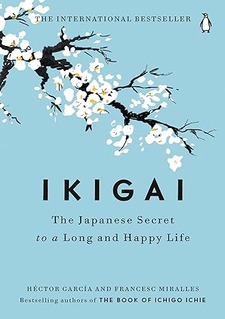
Book Overview: According to the Japanese, everyone has an ikigai—a reason for living. And according to the residents of the Japanese village with the world’s longest-living people, finding it is the key to a happier and longer life. Having a strong sense of ikigai—where what you love, what you’re good at, what you can get paid for, and what the world needs all overlap—means that each day is infused with meaning. It’s the reason we get up in the morning. In researching this book, the authors interviewed the residents of the Japanese village with the highest percentage of 100-year-olds—one of the world’s Blue Zones. Ikigai reveals the secrets to their longevity and happiness: how they eat, how they move, how they work, how they foster collaboration and community, and—their best-kept secret—how they find the ikigai that brings satisfaction to their lives. And it provides practical tools to help you discover your own ikigai.
Post(s) Inspired by this Book:
“My body knew that my weight, the exact number, became an emotional, psychological, and spiritual destination a long time ago. I knew, and worried, about how much I weight and exactly how much money I had every day of my life since I was eleven years old. The weight reminded me of how much I’d eaten, how much I’d starved, how much I’d exercised, and how much I sat still yesterday. My body knew I was no more liberated or free when I was 159 pounds with 2 percent body fat that I was at 319 pounds with achy joints. I loved the rush of pushing my body beyond places it never wanted to go, but I was addicted to controlling the number on that scale. Controlling that number on the scale, more than writing a story or essay or feeling loved or making money or having sex, made me feel less gross, and most abundant. Losing weight helped me forget.”
Kiese Laymon, Heavy (Page 207)
![[MMQ ♥’s] Inverted, Floating Bookshelves](https://movemequotes.com/wp-content/uploads/2025/01/Better-Posture-Chair.jpg)
